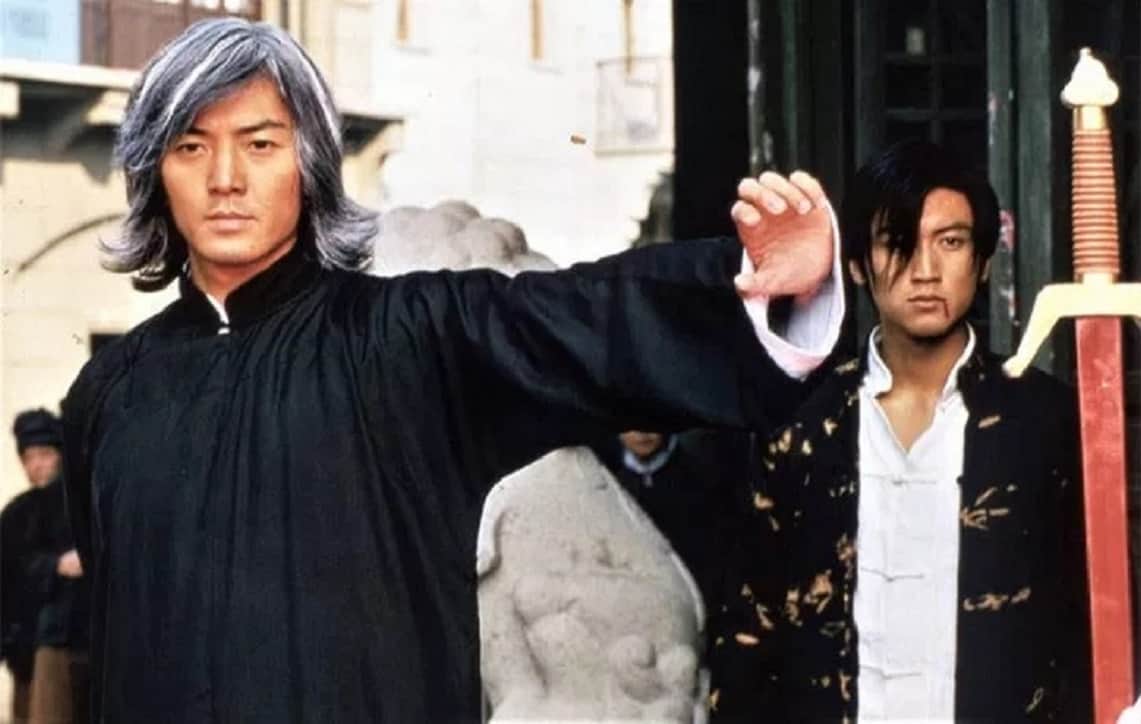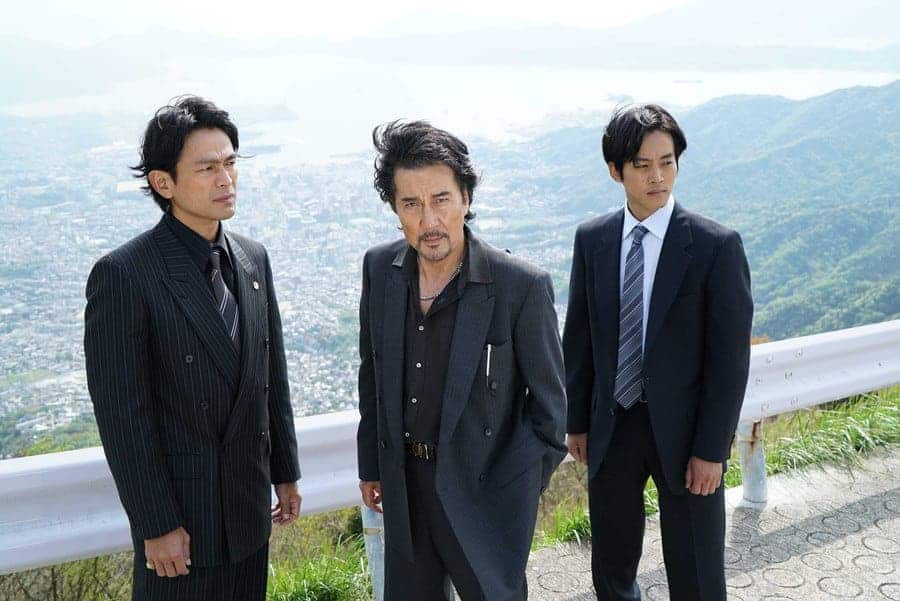Premiering at the 47th Seoul Independent Film Festival as its opening film, “Sprinter” is a pleasant watch that falls short in its predictability and lack of multidimensional characters. Written and directed by Choi Seung-yeon, the film shines best through its cinematography and music, never once overstaying its 86-minute runtime. Graded in a slightly muted color palette, the work's three interwoven stories never really catch fire, instead staying quiet and uninvolved emotionally, which may leave viewers unsatisfied by the end.
Sprinter is available from KT Alpha
“Sprinter” follows three 100-meter runners who are each vying for a place on the Korean national team, for which they can preliminarily qualify by placing in the top three runners at certain races. The film is marked by two qualifying races: The first is where the three runners meet and the second marks the end of the story. At first almost anthological in nature, the movie shows each of the three runners' lives in succession until their initial encounter, the first race. The three individual tales do not collide except for the race days, so each is defined by the respective trials and tribulations of their training and preparation.
The audience is first introduced to Hyeon-soo (Park Sung-il), a former 100-meter champion and older runner who is in the late stages of his running career, now more than ten years removed from his prime. Determined to not let his sprinting career end, he trains overtime and begrudgingly enlists the help of his wife (Gong Min-jeung), a coach and former runner herself. Next, through the lens of his coach Ji-wan (Jeon Sin-hwan), “Sprinter” turns to Joon-seo, a promising young runner with limited support who sees his athletic career as his only way to survive, given his lack of academic talent. Joon-seo's story is framed by that of his coach, himself a former sprinter who must decide between being a full-time teacher and serving as the athletic coach. The last athlete is Jeong-ho (Song Duk-ho), a runner with financial backing who turns to steroids to boost his slowing times, thinking that he will be caught given his past experience.
“Sprinter” falls flat in its character portrayals, which are all defined purely by their desire to run — and win. Unfortunately, this does not make for strong engagement in the stories, which become slightly repetitive as the settings mostly remain the same: the track, the home, the locker room, and the school. As a result, the film allows for little investment in its characters, and it even renders some of the sprinters unlikeable given their single-minded goals without consideration for others. Nonetheless, the work shows promise in its car scenes, which illustrate the stark differences between the lives of the three runners, notably in the support systems they hold. Ji-wan, who drives Joon-seo and his fellow runners to the race, adopts a fatherly charisma while telling the young athletes to focus on the race. Jeong-ho, who sits comfortably in the back with his coach, sits in silence as he is chauffeured, mulling over the elephant in the room: his potential fate should he be discovered to be doping. Finally, Hyeon-soo, who is shown being lovingly driven home by his wife, breaks into tears after a disappointing performance.
Gong Min-jung as Hyeon-soo's wife, Song Duk-ho as Jeong-ho, and Jeon Sin-hwan as coach Ji-wan stand out among the film's ensemble cast, who all do good work with limited material for each character. The acting renders each sprinter his own personality, but this is still not able to save the lack of character-building within the work. However, the performances are enjoyable and show tremendous talent in the Korean independent film scene.
Choi Seung-yeon places the title card at nearly the 40-minute mark of the film, which remains a puzzling choice when seen in relation to two chapter titles near the beginning of the movie. But the film's standout element is its soundtrack, which accompanies many scenes with a bouncing synth and guitar backing. Although misplaced at times, the unique musical choices bring a vitality to the lives of the runners, which are quite grounded and drama-free. Honorable mentions include the cinematography and editing of “Sprinter,” which together allow the simplicity of the story to show through. The film never feels hurried or too slow, and the camerawork is never too flashy, complementing the narratives without overshadowing them.
“Sprinter” demonstrates the skillset of talented writer-director Choi Seung-yeon, who shows great merit through the film's overall cohesiveness and watchability. The technical aspects of the sports flick serve it extremely well, but the three stories and how they are told — without fanfare but also without enough character detail — ultimately hold back the movie from its full potential.
















